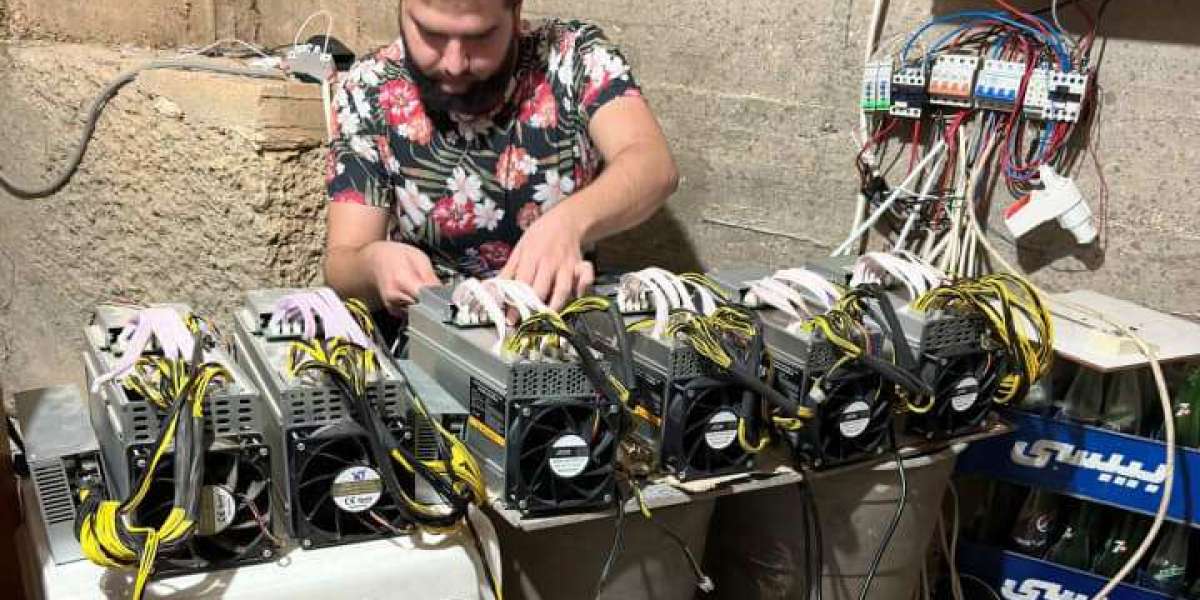Introduction
The world of cryptocurrency thrives on decentralization, security, and innovation. At the heart of this ecosystem lies the crypto miner, a crucial player responsible for validating transactions and securing blockchain networks. Without miners, cryptocurrencies like Bitcoin, Ethereum, and others would not be able to function efficiently. This blog explores what a crypto miner is, how it works, and why it continues to shape the future of digital finance.
What is a Crypto Miner?
A crypto miner is an individual or machine that performs the process of mining—validating and recording transactions on a blockchain. Through computational power, miners solve complex mathematical problems, verify blocks of transactions, and add them to the distributed ledger. In return, they earn rewards in the form of cryptocurrency coins or tokens, such as Bitcoin or Ethereum.
How Crypto Mining Works
Mining involves using specialized mining hardware or software to solve cryptographic puzzles. This process, called proof-of-work (PoW) in Bitcoin and many other networks, ensures that transactions are verified securely and prevents double-spending. The first miner to solve the puzzle successfully adds the block to the blockchain and receives a block reward along with transaction fees.
Types of Crypto Miners
1. CPU Miners
In the early days of Bitcoin, regular computers with CPUs could mine efficiently. Today, CPU mining is largely obsolete due to higher competition and difficulty levels.
2. GPU Miners
Graphics Processing Units (GPUs) became the next step in mining because of their ability to perform parallel computations. They are widely used for mining Ethereum and other altcoins.
3. ASIC Miners
Application-Specific Integrated Circuits (ASICs) are powerful machines designed exclusively for mining. They dominate Bitcoin mining because of their unmatched speed and efficiency.
4. Cloud Mining
For individuals who don’t want to invest in hardware, cloud mining services allow renting hash power from large-scale mining farms.
Why Crypto Miners are Important
The role of a crypto miner goes beyond just earning rewards:
Security: Miners protect blockchain networks from attacks by ensuring only valid transactions are recorded.
Decentralization: Miners distributed worldwide prevent central control, making cryptocurrencies resistant to censorship.
Transaction Verification: Miners ensure transactions are confirmed quickly and accurately.
Economic Incentives: Mining rewards encourage participation and fuel the growth of the cryptocurrency ecosystem.
Challenges for Crypto Miners
While profitable, mining comes with challenges such as:
High Energy Consumption: Mining requires significant electricity, especially for Bitcoin.
Hardware Costs: ASIC and GPU rigs can be expensive to purchase and maintain.
Mining Difficulty: As more miners join, the network increases difficulty, reducing individual rewards.
Regulations: Some countries restrict or ban mining due to energy and environmental concerns.
The Future of Crypto Miners
The role of crypto miners is evolving. With Ethereum’s shift from proof-of-work to proof-of-stake (PoS), the mining landscape is diversifying. Other cryptocurrencies still rely heavily on miners, ensuring their relevance in the industry. Additionally, innovations in energy efficiency, renewable-powered mining farms, and advanced ASICs are shaping a more sustainable future.
Conclusion
A crypto miner is more than just a machine or individual—it is the backbone of blockchain security and decentralization. By validating transactions and maintaining trustless networks, miners ensure the smooth functioning of cryptocurrencies.








